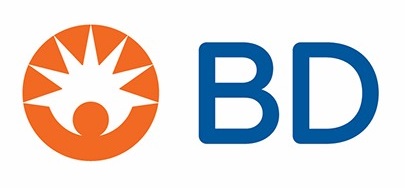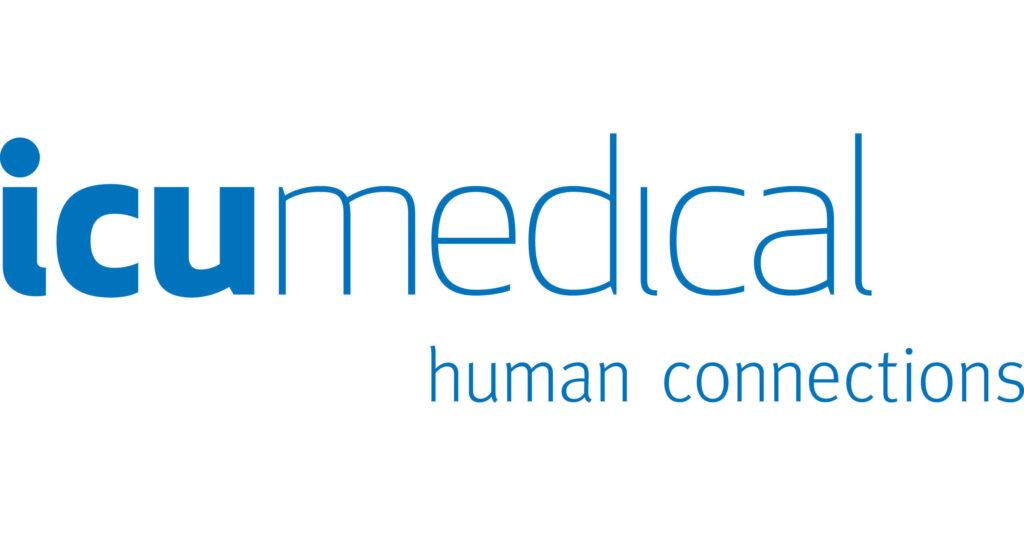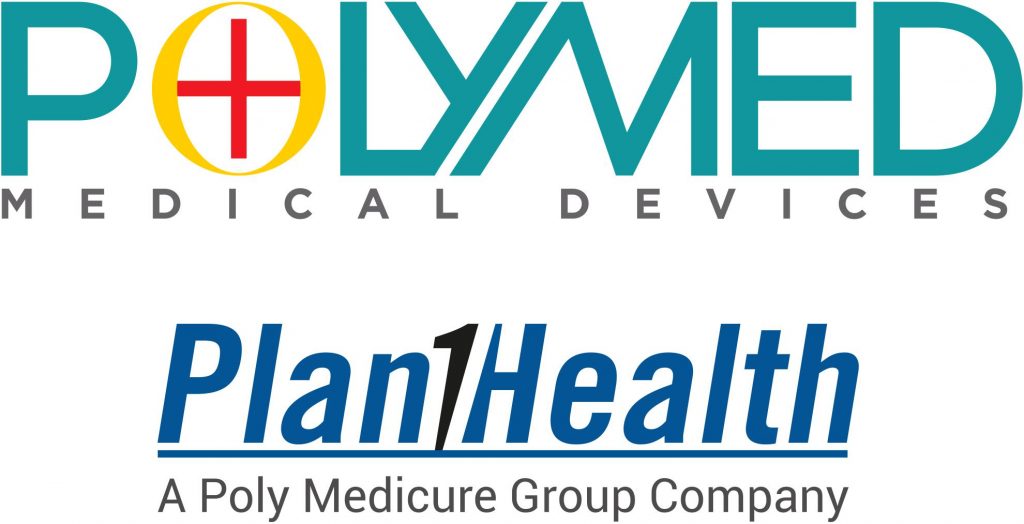Industry symposia
The 7th WoCoVA has 10 industry symposia. The program of the industy symposia is the responsibility of the presenting company and has no relationship with WoCoVA.
Sunday 16 October 2022
Safe Vascular Access: Clinical Practice and Scientific Evidence
Speaker: Antonio La Greca. – Emergency and Trauma Surgeon, co-founder and leading part of the Hospital Vascular Team at the University Hospital “A. Gemelli” – Rome (Italy). Expert and trainer in Ultrasound-guided vascular access and invasive procedures (ESTES – MUSEC Course, GAVeCeLT, WoCoVA)
Topic: During this symposium Dr La Greca will review the important of a safety vascular access procedure. Attendees at the end of the event will review history of patient´s safety, safe device selection, evidence-based safety practices for central line insertion, like infection prevention bundles, use of ultrasound, the importance of a safe pressure injection and IC-ECG method for tip positioning. They will also review dedicated toolkits for safety practice.
Moderator: Hayleigh Haggerty – MSc, ICU (Cert), BSc (Hons), RN. Senior Vascular Clinical Affairs Manager Clinical and Medical Affairs, Teleflex
Extended length for extended dwell: Improving outcomes in difficult IV access patients by introducing a longer PIVC – Introcan Safety® Deep Access
Speaker: Julie Godfrey – Lead Vascular Access Advanced Nurse Practitioner, Mid and South Essex NHS Foundation Trust (UK)
Scientific summary:
- Definition of a DIVA patient
- DIVA escalation policy
- Patient experience prior to having a longer length IVC; multiple attempts with a short PIVC escalation to a Midline
- Vessel and device selection
- Introduction of a longer length IVC and outcomes:
- First stick success rate
- Device dwell time
- Devices that dwelled for completion of required therapy
- Improved purchase in vein
- Positive economic and environmental impact of introducing a longer length IVC
- Overall impact on the patient experience
- Care and maintenance of a longer length IVC
- Extending the roll out of USG insertion
The clinical & cost effectiveness of vascular access care bundles? Do they work and are they worth it!
Speaker: Prof. O.Mimoz, MD, PhD is Professor of Anaesthesia, Intensive Care and Emergency Medicine at the University of Poitiers, School of Medicine and Pharmacy, and Head of the Emergency Department at the Poitiers University Hospital, France.
Title: Prevention of peripheral venous catheter complications. The CLEAN3 clinical trial & cost effectiveness evaluation.
Speaker: Prof. Devrim, MD, PhD is Professor of Paediatric Infectious Disease, Dr. Behcet Uz Hospital, Turkey
Title: A clinical & cost-effectiveness perspective on care bundles for preventing CLABSI
Intravascular catheters are the most used invasive medical devices in hospitals. It impacts up to 90% of hospital inpatients. Unfortunately, they still too often fail before the end of treatment due to mechanical, vascular, or infectious complications. These complications such as occlusion, infiltration, phlebitis, dislodgment, and local or bloodstream infections, amongst others, lead to not only interruption in patients’ treatment and complication management but also to vascular access replacements; this all causing pain and discomfort for patients, and potentially additional work for healthcare providers as well as additional associated costs.
This symposium is aiming to show through evidence-based experiences and publications how following insertion and care and maintenance bundles can lead to improved patient experience with fewer complications, reduced unnecessary catheter replacements while decreasing overall total cost of care
Monday 17 October 2022
Ensuring patient safety in vascular access: What’s the role of ethics and human factors?
Speaker: Catherine Hale, LLB (Hons), MSc, PGCE, Barrister at Law (Middle Temple), Associate Professor based in the Medical School at the University of Warwick, Uk
Title: What do ethics have to do with vascular access?
Speaker: Dr. Tim Kane, Consultant Orthopaedic Surgeon Portsmouth NHS Trust Director Practical Patient Safety Solutions
Title: The importance of clinical human factors in healthcare
This symposium will examine two aspects of patient safety, firstly in the very complex world of modern healthcare, how can you design and operate a system with inconsistent/unreliable human beings at is core. The concept of understanding human factors and how they influence human behavior, focusses on helping people to do the right thing and to make it impossible or hard to do the ‘wrong thing’ by designing out the potential for making mistakes. Secondly, we will examine the 4 key ethical principles: Autonomy: The absolute right of a patient to make the decision about whether to consent to vascular access (and type) or not. Beneficence: Vascular access that benefits a patient. Maleficence: Vascular access that does the least amount of harm. Justice: treating patients fairly or equally/equitably and appropriate distribution of benefits and norms.
Putting patients first: enhancing vascular access practices in strained economic situations
Speaker 1: Dr Fulvio Pinelli – Anaesthetist, Careggi University Hosopital,Florence, Italy
Title: PICC port: When patient safety meets the patient’s lifestyle
Speaker 2: Mr. Christian Dupont – Coordinator Nurse, Cochin Hospital, Paris, France
Title: Non coring needle: How to combine nurse needs with patient’s comfort
Speakers 3, 4, 5:
Dr. Hervé ROSAY, Anaesthetist, Léon Bérard Cancer Centre, Lyon, France
Mrs. Elise METO, Health Economist, REES, France
Dr. Mostafa EL HAJJAM, Radiologist, VA Unit Coordinator, Ambroise Paré Hospital, APHP, Paris, France
Title: Midline: Is there a place for midlines among other VAD in a strained economic context? Introduction of a new medico-economic study
Can needleless connectors be used to help support a CRBSI reduction strategy?
Dr. Marcia Ryder, PhD, MS, RN, FNAP examines how the dramatic rise of catheter-related bloodstream infection (CRBSI) over the pandemic has led clinicians to explore needleless connectors as a prevention strategy. The influence of needleless connector design on biofilm formation will be discussed, as well as considerations for choosing and using a connector to support a diagnostic strategy and prevent CRBSI.
At the conclusion of this session, you will:
- Have the knowledge to explain the relationship of bacterial transfer through needleless connectors, biofilm formation, and CRBSI
- Be able to describe the needleless design features that impact the risk for CRBSI
- Be empowered to apply new evidence in the selection of a low-infection-risk needleless connector
The Battle with CRBSIs: The Clinician’s Perspective
Chair: George Dimopolous (GR)
Catheter related bloodstream infections (CRBSIs) are most common among critically ill patients in the ICU and represent a serious, potentially lethal but highly preventable complication. Although improvements have been made in the recent past, CRBSI continues to be a significant patient safety issue. Hence, it is of paramount importance to maintain focus and continuously improve preventive interventions throughout the perioperative patient journey and beyond.
Key elements of CRBSI prevention in critically ill patients
Marc Königs (NL)
CRBSI prevention and short peripheral IV catheters
Emily Smith (GB)
Tuesday 18 October 2022
How far have we come with Vascular Access Teams (VAT) and where next?
Speaker: Dr. F. Pinelli, Consultant Cardiac Anaesthesiologist and Intensivist, Director of Vascular Access Center at Careggi University Hospital in Florence, Italy
Title: A survey on VAT across Europe & Perspectives on VAT from a European Panel
Speaker: Mr A. Barton, Nurse Consultant for IV therapy and Vascular Access, Frimley Health NHS Foundation Trust, UK, Chair of the National Infusion & Vascular Access Society, UK
Title: The Benefits of a Nursing Led Vascular Access Service Team: A White Paper to outline a standardised structure and approach for the NHS to deliver vascular access services in every hospital.
In this session Dr Pinelli will present the work of a European expert group highlighting the different implementations of VAT’s, the results of a European wide survey and his prospective on what is required to support evidence around VAT for the future. Although the benefits of having a vascular access provision are well understood by those with an interest in the field of vascular access outside of this it is limited especially amongst hospital administration and management. It is timely that Andrew Barton, the chair of the UK National Infusion and Vascular Access Society has published a white paper calling on the NHS to create a national framework for vascular access teams









